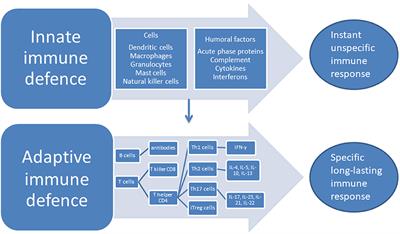EDITORIAL
Published on 26 Feb 2020
Editorial: Back to the Future: On the Road Towards Precision Psychiatry
doi 10.3389/fpsyt.2020.00112
- 3,282 views
- 10 citations
45k
Total downloads
290k
Total views and downloads
Select the journal/section where you want your idea to be submitted:
EDITORIAL
Published on 26 Feb 2020
REVIEW
Published on 01 Mar 2019

REVIEW
Published on 21 Feb 2019

PERSPECTIVE
Published on 06 Feb 2019
REVIEW
Published on 31 Jan 2019

REVIEW
Published on 29 Nov 2018

REVIEW
Published on 19 Nov 2018

REVIEW
Published on 19 Nov 2018

REVIEW
Published on 13 Nov 2018
MINI REVIEW
Published on 22 Oct 2018

SYSTEMATIC REVIEW
Published on 15 Oct 2018

SYSTEMATIC REVIEW
Published on 21 Sep 2018

